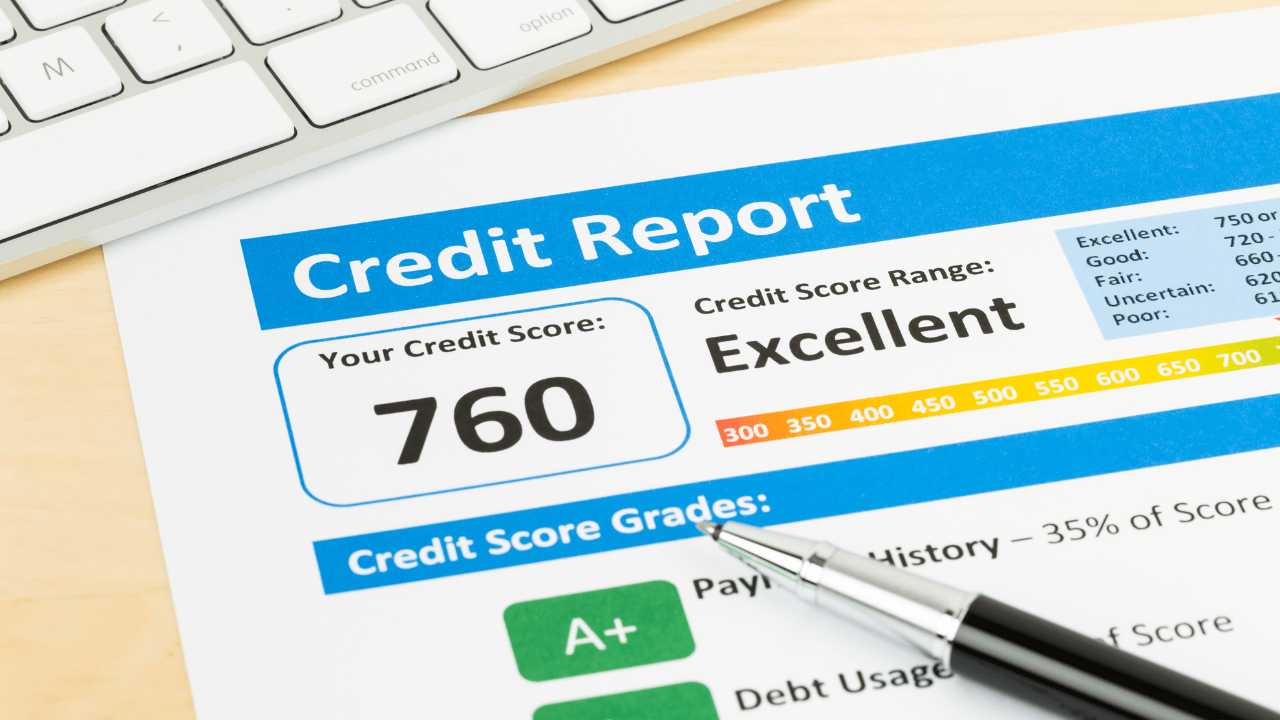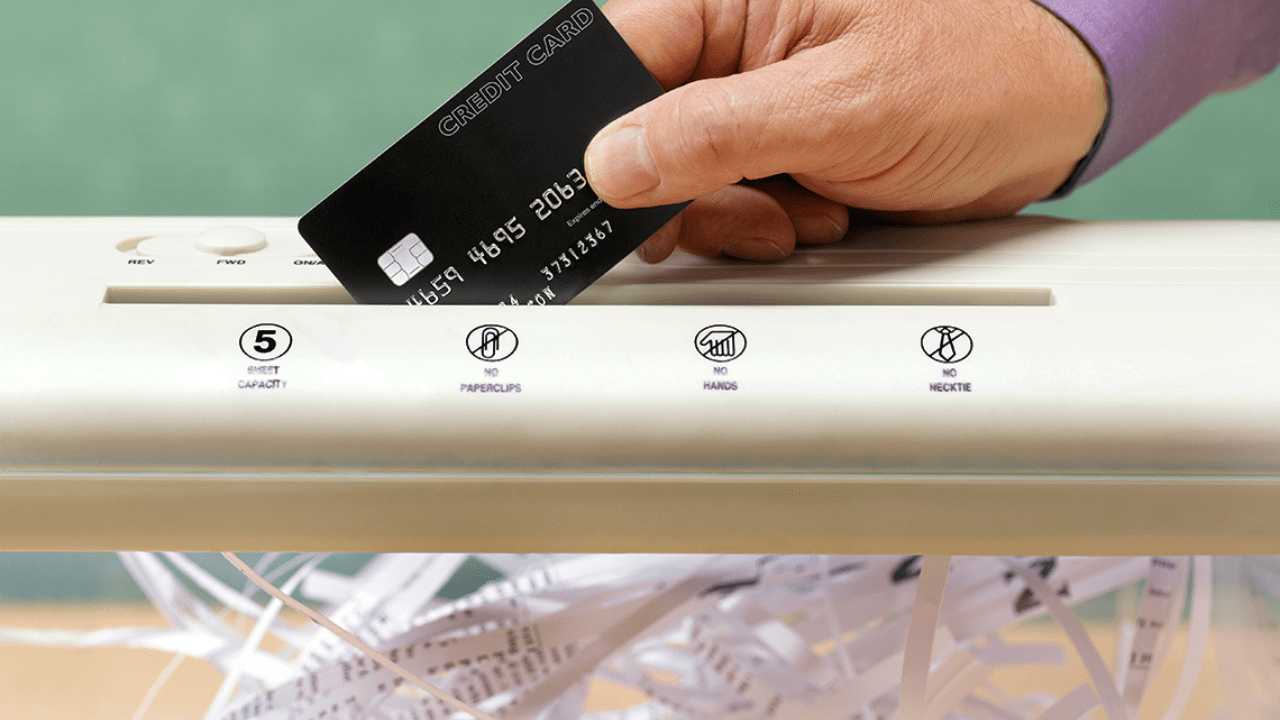Credit Report Dispute Process
Errors in your credit report can have a significant impact on your financial health. Learning about the credit report dispute process can help you rectify inaccuracies and maintain a strong credit profile.
Identify Inaccuracies:
Regularly review your credit reports to spot any errors, such as incorrect account information or unauthorized inquiries.
Gather Documentation:
Collect supporting documents that prove the inaccuracies. This could be payment receipts, account statements, or communication records.
Contact the Credit Bureau:
Reach out to the credit bureau that issued the report with the error. Explain the issue and provide the necessary documentation.
Initiate the Dispute:
Submit a dispute letter online or via mail, including details about the errors and the evidence you’ve gathered.
Investigation Process:
The credit bureau will investigate the dispute by contacting the relevant creditor and verifying the information.
Updates and Resolution:
You’ll receive updates on the investigation’s progress. If the information is incorrect, the credit bureau will update your report accordingly.
Review All Reports:
Check all three major credit reports, as the error may be present on more than one report.
Persistence Pays Off:
If the dispute isn’t resolved initially, don’t give up. Continue to provide necessary documents and follow up.
Know Your Rights:
Understand your rights as a consumer, including the right to accurate and fair credit reporting.
Stay Informed:
Educate yourself about the credit report dispute process and stay proactive in monitoring your credit.
Conclusion
The credit report dispute process is a valuable tool for maintaining an accurate credit history. By understanding and navigating this process, you can ensure your credit report reflects your true financial standing.




